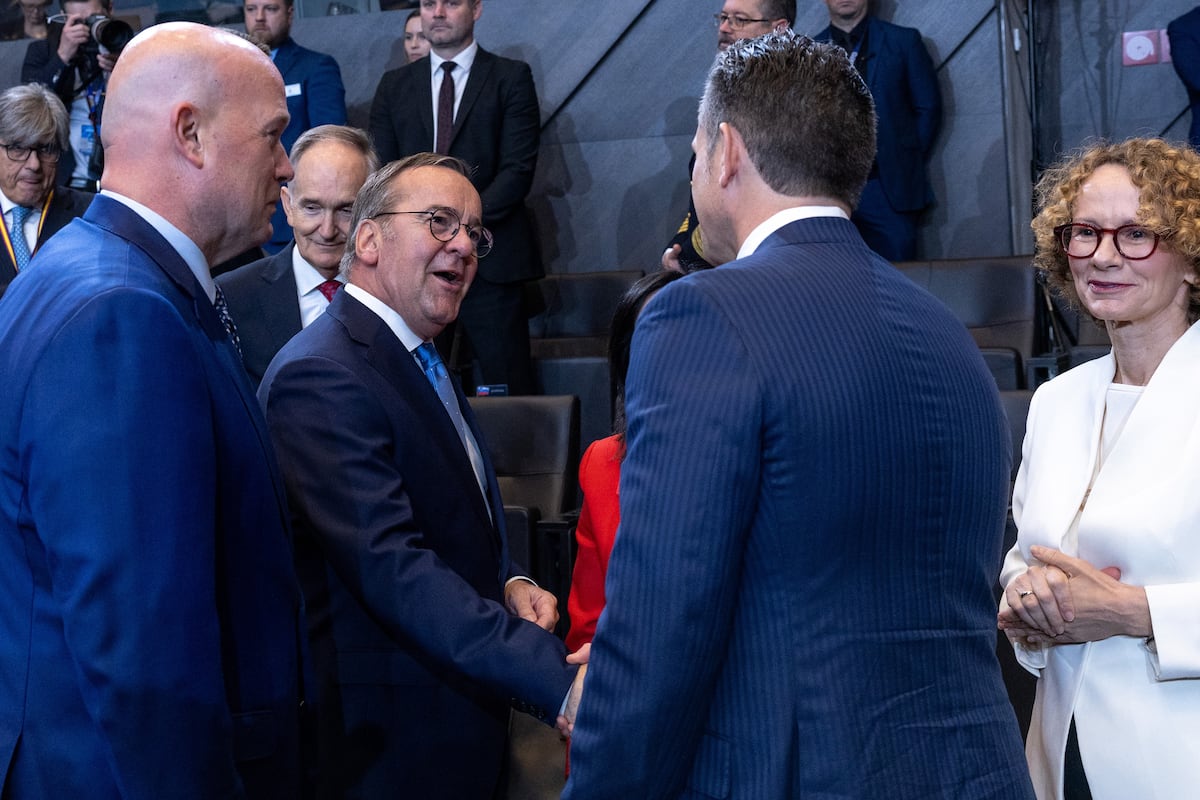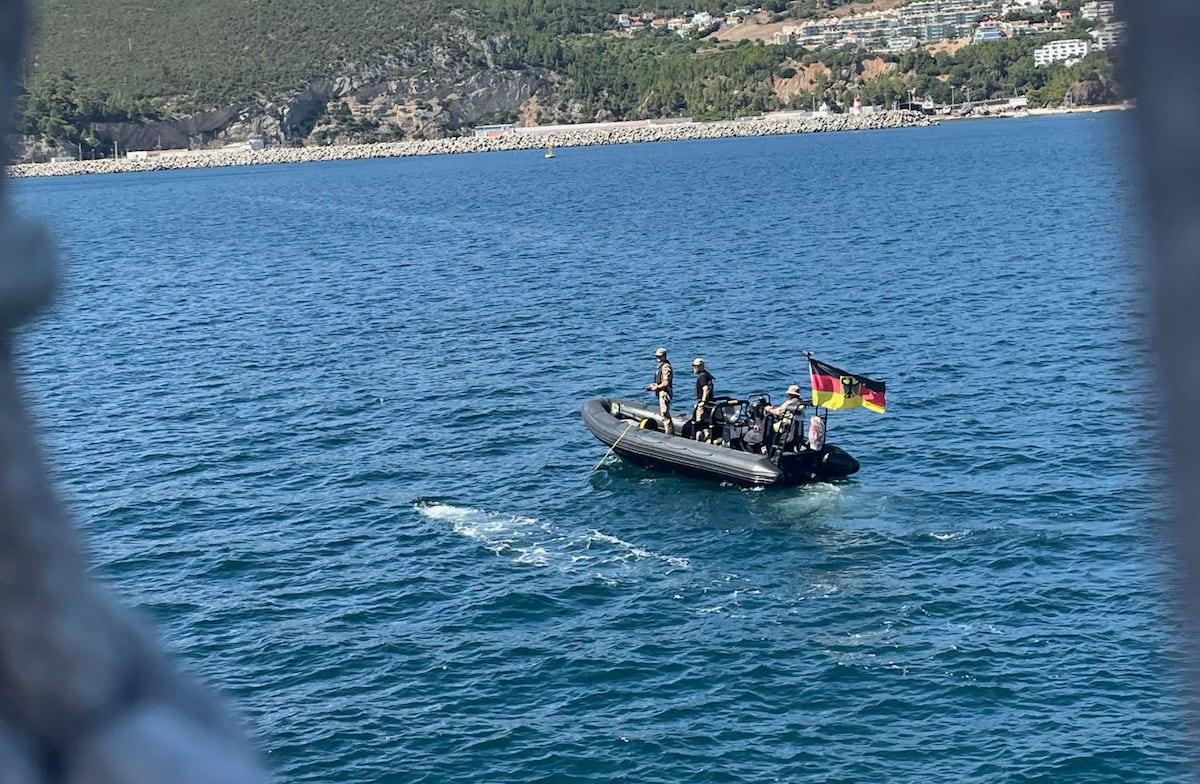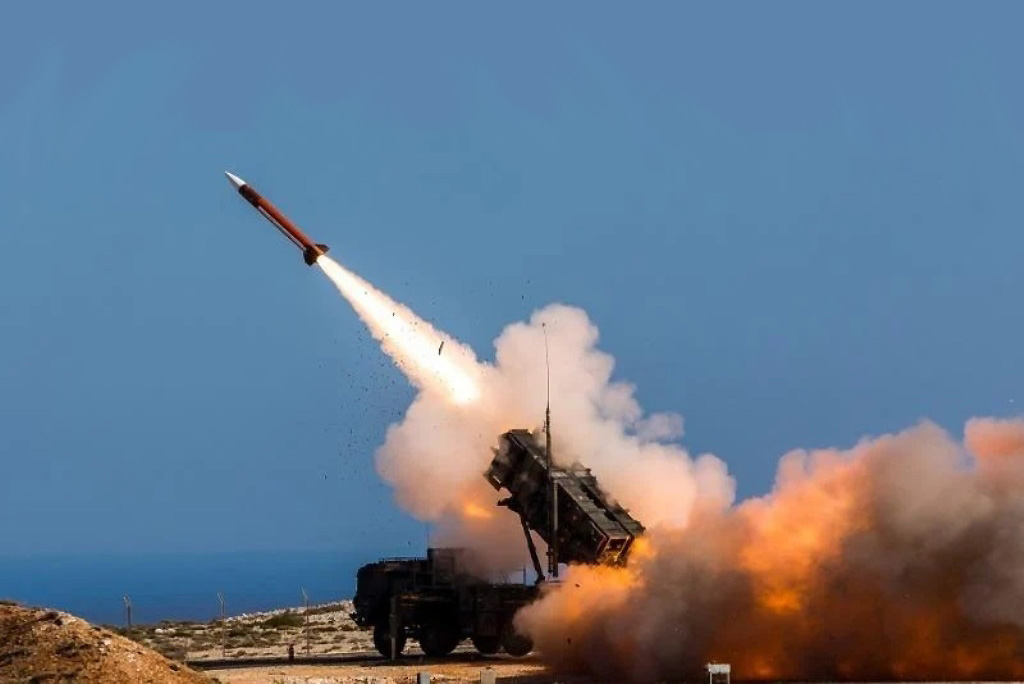Formation of UK-Based Consortium for GCAP Fighter Systems
Consortium Overview
A newly established consortium, named GCAP Electronics Evolution (G2E), has emerged ahead of a pivotal design and development agreement for the Global Combat Air Programme (GCAP). This collaborative effort involves notable firms from the UK, Italy, and Japan, poised to innovate essential sensing and communication systems for the next-generation fighter platform.
Key participants in this consortium include:
- Leonardo and ELT Group from Italy
- Leonardo UK along with Mitsubishi Electric from Japan
This announcement was made during the recent Defence and Security Equipment International (DSEI) exhibition in London.
Strategic Location and Leadership
G2E will operate from Reading, near London, strategically positioned close to the UK-Italy-Japan governmental office, GIGO, overseeing the GCAP initiative. The consortium is led by Andrew Howard, currently serving as Director for Future Combat Air at Leonardo UK. According to Howard, the consortium exemplifies a critical advancement in the collaboration following a partnership agreement established during DSEI Japan earlier this year.
“We cannot merely act as an external vendor; it is essential for us to become integral to the program,” Howard noted. “This represents a crucial piece of the puzzle following GIGO and Edgewing.”
Objectives and System Features
The consortium aims to jointly develop advanced systems known as the Integrated Sensing and Non-Kinetic Effects & Integrated Communications Systems (ISANKE & ICS), as well as a comprehensive Through-Life Support Service (TLSS). This focuses on harnessing extensive data capabilities that will differentiate the GCAP platform from its predecessors, with an emphasis on information integration in the future operational landscape.
- Core Systems:
- Advanced sensing capabilities
- Non-kinetic effects integration
- Robust communications systems
Howard articulated the impact of on-board sensors on the aircraft’s dimensions, weight, and overall design, underscoring the need for cohesive integration across all technological elements.
Accelerated Development and Collaboration
The need for swift development is underscored by contributions from various national strengths within the consortium. It is anticipated that UK and Japanese entities will spearhead radar developments, while Italy will focus on Infrared Search and Track systems, and Japan will oversee satellite communication frameworks.
Key Points of Focus:
- Enhanced interdependency between sensors and power systems
- Streamlined collaboration to expedite project timelines
- Commitment to delivering capabilities aligned with governmental objectives, particularly those expressed by Japanese partners
Future Projections and Collaborative Dynamics
While the exact timeline for contract issuance from Edgewing remains unspecified, Howard expressed confidence that G2E is prepared to meet the ten-year timeframe required to deliver the GCAP fighter by the 2035 target. Following the delivery phase, the consortium aims to implement continuous software upgrades throughout the aircraft’s operational lifecycle.
The inclusion of Japanese companies also extends operational hours, effectively maximizing productivity through time zone advantages.
Leadership Representation in G2E:
- Andrew Howard – Leonardo UK
- Pietro Vanotti – Leonardo Italy
- Alberto De Arcangelis – ELT Group
- Tatsuya Hirao – Mitsubishi Electronics
The GCAP Electronics Evolution consortium represents a formidable alliance poised to advance the capabilities of next-generation combat aviation, ensuring readiness to meet the demands of future warfare environments.





